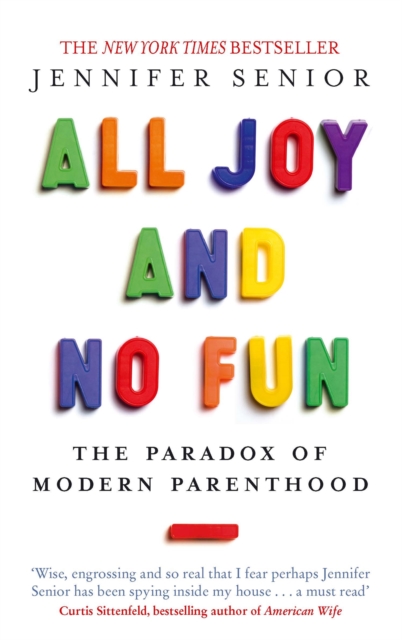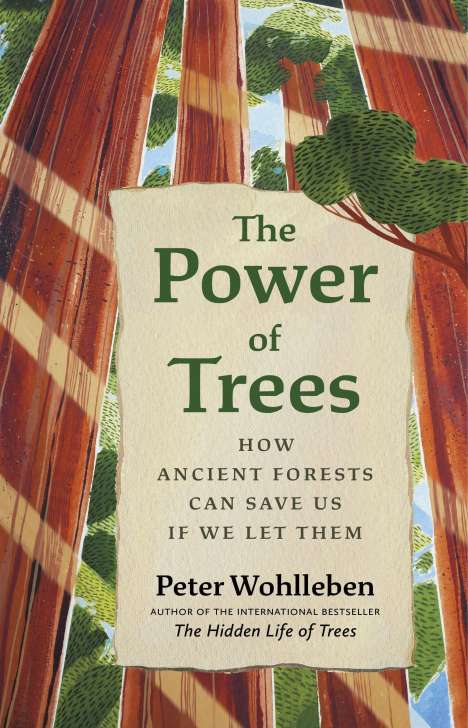
We’re all familiar with the notion of a placebo.
We all know how powerful placebos can be, but it’s perhaps rarer to recognise the power of noceboes. In ‘Humankind’, Rutger Bregman is determined to disabuse us of one particularly devastating nocebo, ‘veneer theory’. This is the widely accepted idea that our civil natures are only skin deep, papering over our “true” selfish, manipulative, deeper selves.
What if, Bregman argues, we are mistaken about our fundamental nature? What if Machiavelli was wrong, and in believing other people are selfish, we create the unkind world we perceive? Of course, if this is true – and Bregman is convinced of it – then the answer is simple: we need to adjust our perception of humankind to credit humans with, well, kindness.
What’s it about?
See above. Are we fundamentally selfish or cooperative as a species? How does our perception of humanity’s nature affect our daily reality, including the laws governments use to control us?
Bregman examines commonly held exemplars and “proofs” of veneer theory and exposes the flawed beliefs and inaccurate information that such conclusions rest upon. Instead, he concludes that ‘Kindness is catching. And it’s so contagious that it even infects people who merely see it from afar.’
What’s it like?
Utterly fascinating. Deeply appealing. Potentially revolutionary. If Bregman is right – and I believe he is – then we hold the power to affect radical change in our communities, simply by changing the filter through which we see the world and acting accordingly at all levels, from the individual through to local and national government.
Whether he’s debunking the theory behind Britain’s blitz in 1940 or exploring what really happened when a young group of boys was marooned on a desert island, I was perpetually fascinated by the gap between public perception and reality. It turns out, being a realist is not the same as being a pessimist, and even terrorists benefit from your willingness to understand that under a weight of differences, you are both human.
Final thoughts
Having studied psychology a little at school, I was particularly intrigued by Bregman’s critical evaluations of certain famous psychological studies: Kitty Genovese and the bystander effect, Stanley Milgram’s shock experiments and Zimbardo’s prison experiment. Short version: the narrative surrounding them was fatally flawed and they don’t prove what everyone believes they proved. The full details surrounding the manipulation of each scenario are shocking, but perhaps not as surprising as what happens if you drink tea with terrorists…
I feel like this should probably be required reading for everyone. It’s a genuinely hopeful book that explores human history to arrive at a conclusion that surely connects with our deepest conviction – that we, ourselves, are good people. If we are fundamentally good natured, why do we persist in doubting that everyone else is? Maybe it’s time to reject veneer theory once and for all.


